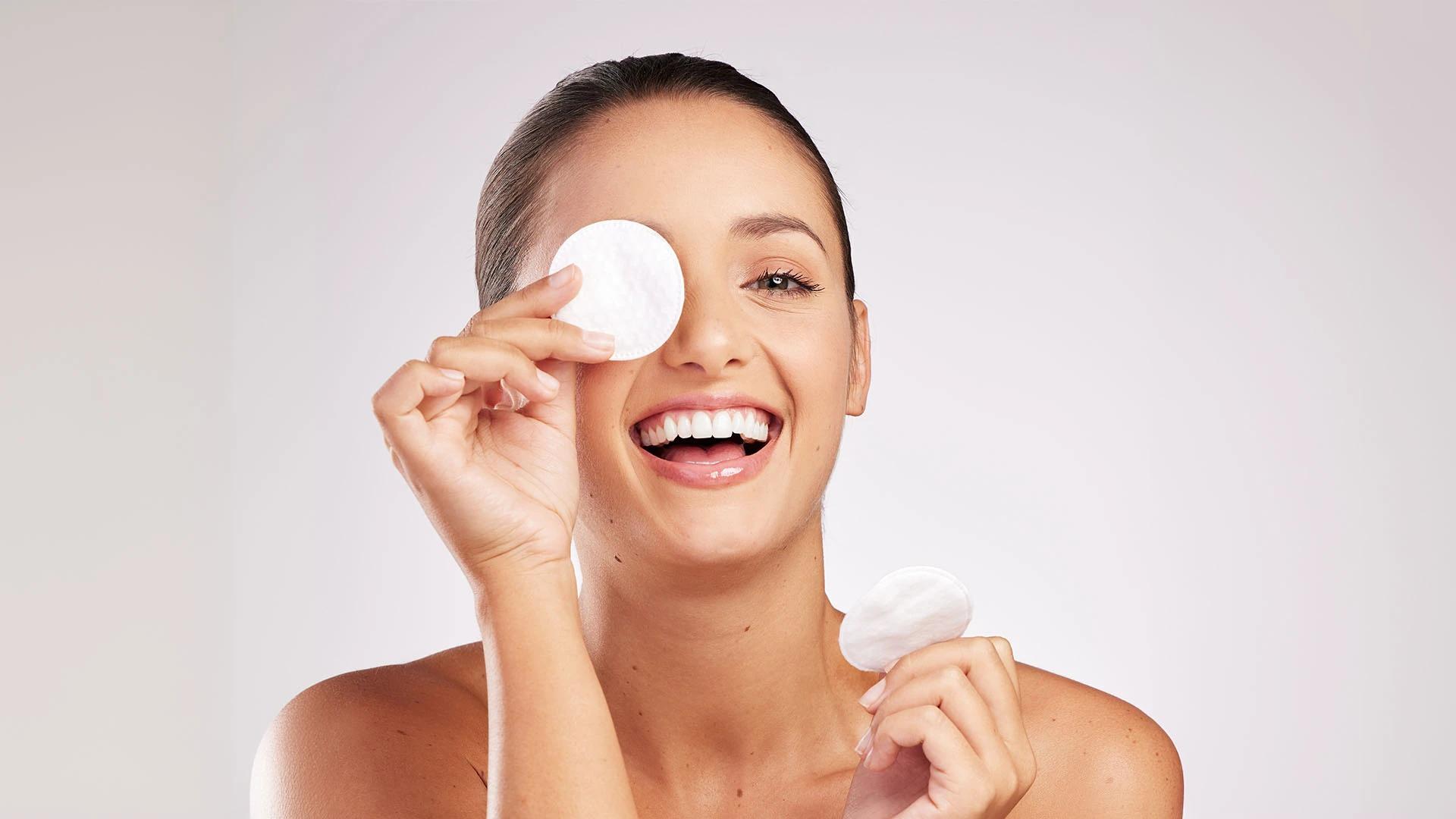Pregnancy brings so many changes, and your skin is definitely along for the ride. One day you're glowing like you've discovered some secret elixir, the next you're dealing with breakouts that seem to have their own agenda. Real talk—your usual skincare routine might not cut it anymore. Between hormonal shifts and new safety concerns, navigating skincare during pregnancy can feel overwhelming. But here's the thing: you don't need to panic or abandon your skincare goals entirely. With the right knowledge and gentle approach, you can maintain healthy, happy skin throughout your pregnancy journey and beyond.
Understanding Pregnancy Skin Changes
Hormones are basically running the show during pregnancy, and your skin gets the full experience of this hormonal rollercoaster. Your body produces more oestrogen and progesterone, which affects oil production, collagen synthesis, and even blood flow to your skin. These pregnancy skin changes aren't just in your head—they're very real and completely normal. Some lucky people get that coveted pregnancy glow, whilst others deal with unexpected skin challenges.
Acne and Breakouts
If you thought teenage acne was behind you, pregnancy might have other plans. Increased oil production can lead to clogged pores and breakouts, especially during the first trimester. Your skin might feel greasier than usual, and you could see spots popping up in places you haven't had them in years.
Hyperpigmentation and Melasma
Those dark patches on your face? That's melasma, also known as the "mask of pregnancy." Hormones trigger increased melanin production, causing darker spots around your forehead, cheeks, and upper lip. Your existing moles and freckles might also appear darker.
Dryness and Sensitivity
Even if you've never had sensitive skin before, pregnancy can change that. Your skin barrier might become compromised, leading to increased dryness, itching, and sensitivity to products you've used for years. This is when gentle, hypoallergenic skincare for pregnancy becomes your best mate.
Essential Steps for Pregnancy-Safe Skincare
Building a safe skincare routine doesn't mean starting from scratch—it's about making smart swaps and being mindful of ingredients. The key is keeping things simple whilst still addressing your skin's needs. Safe skincare for pregnant women focuses on gentle, effective ingredients that won't harm you or your baby.
Gentle Cleansing
Your cleanser sets the tone for your entire routine. Opt for mild, soap-free cleansers that won't strip your skin's natural oils. Cream or lotion cleansers work brilliantly for dry skin, whilst gentle foaming cleansers suit oily skin types. Avoid harsh scrubs or anything with strong fragrances.
Effective Toning
Toning helps balance your skin's pH and prepares it for the next steps. Look for alcohol-free toners with soothing ingredients like chamomile or rose water. Avoid toners with strong acids or astringent properties that might irritate increasingly sensitive skin.


 160 gm
160 gm 50 gm
50 gm 150 ml
150 ml 100 gm
100 gm